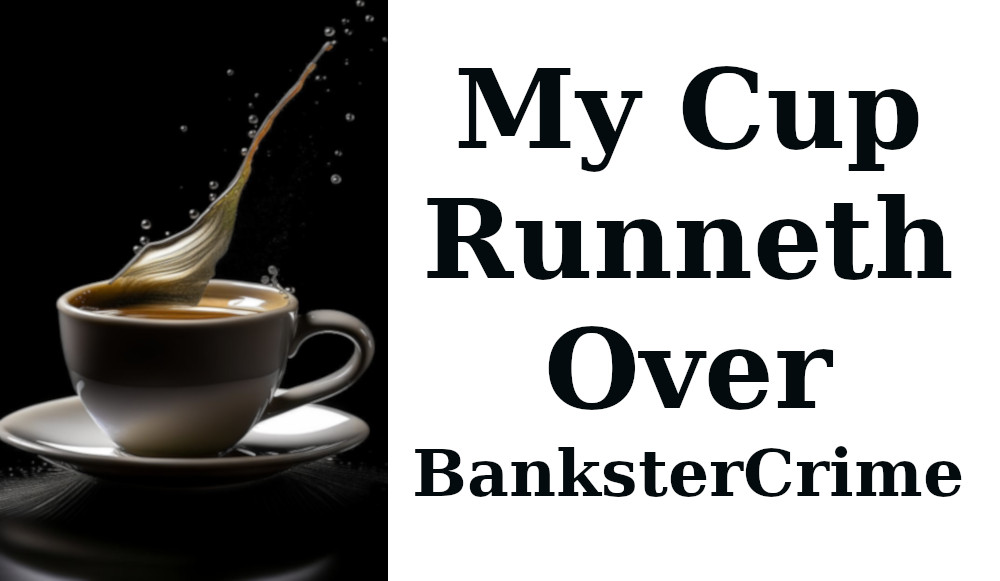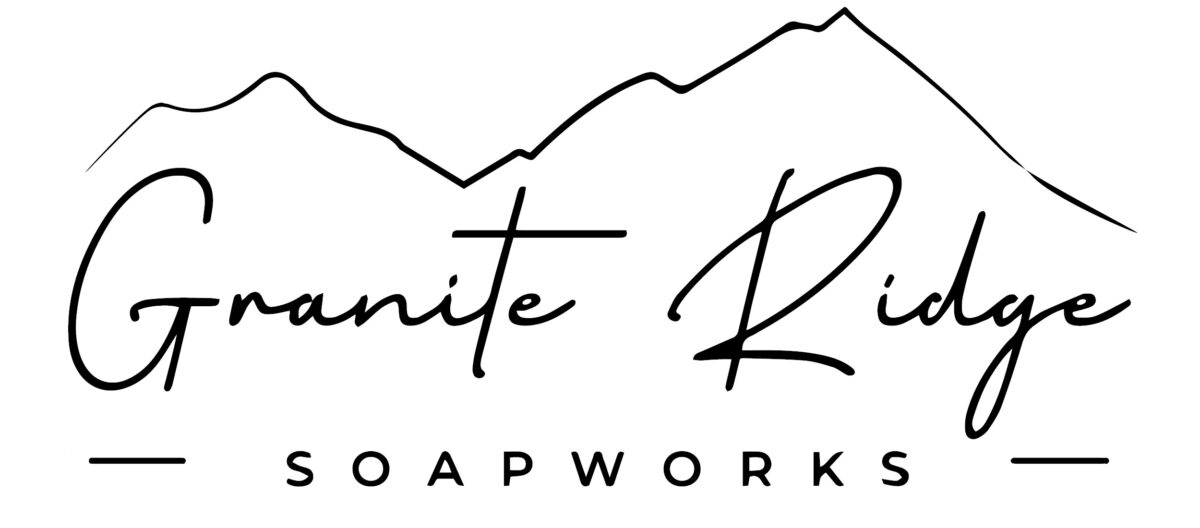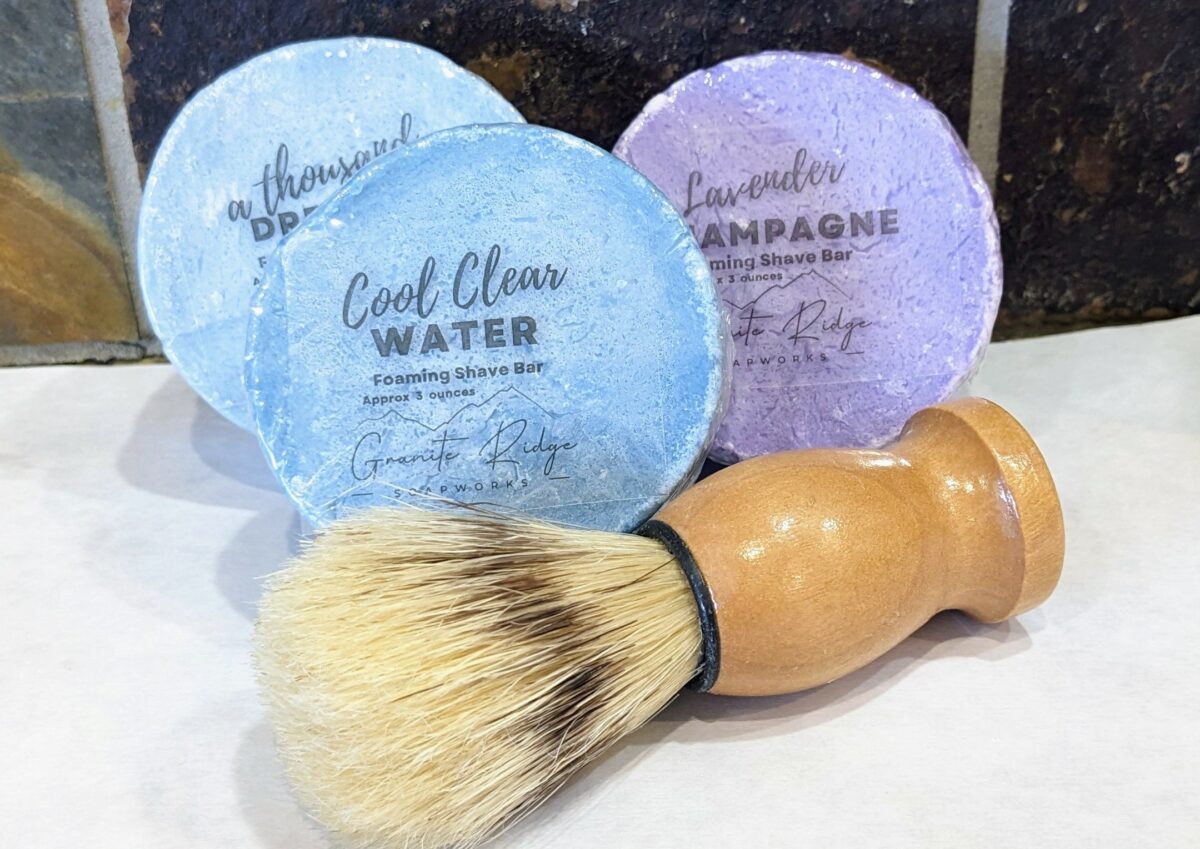JPMorgan Chase and Its Regulators Are Hiding Dark Trading Secrets at the Largest and Riskiest U.S. Bank
BanksterCrime:
By Pam Martens and Russ Martens,
Jamie Dimon, Chairman and CEO of JPMorgan Chase
Last Wednesday, JPMorgan Chase, the publicly-traded parent of the largest federally-insured bank in the United States as well as a five-count felon, revealed in a filing with the Securities and Exchange Commission that on top of the $348 million it paid out in March to two of its banking regulators for sketchy trading violations involving “billions” of trades on 30 global trading venues, it “expects to enter into a resolution with a third U.S. regulator that will require the Firm to, among other things, pay a civil penalty of $100 million….” (See “Trading Venues Investigations” on page 168 of the SEC filing at this link.) JPMorgan Chase did not name this third regulator but Bloomberg News reported that it is the Commodity Futures Trading Commission.
The two federal banking regulators that imposed the trading fines in March are the Office of the Comptroller of the Currency (OCC), which fined JPMorgan Chase Bank $250 million, while the Federal Reserve fined the bank holding company $98.2 million. The OCC said the misconduct occurred since at least 2019. The Fed said the bank had engaged in the misconduct over the span of nine years, from 2014 to 2023.
Now here is where you need to pay very close attention. The OCC is the regulator of national, federally-insured banks – those allowed to operate across state lines. The Federal Reserve is the regulator of bank holding companies. Neither of these “bank” regulators are empowered to investigate securities trading. That’s because licensed traders are not allowed to be employed as such by federally-insured banks. Licensed traders can only be employed as such by broker-dealers, which are regulated and supervised at the federal level by the Securities and Exchange Commission.
The OCC’s March order specifically names the federally-insured bank (JPMorgan Chase Bank, N.A.) as the target of its trading fine. The Federal Reserve names the bank holding company (JPMorgan Chase) as the target of the fine but it references the Federal Deposit Insurance Act (which pertains to federally-insured banks) as well as “unsafe and unsound banking practices” which refer to federally-insured banks, not broker-dealers.
It’s the job of the Securities and Exchange Commission to investigate misconduct involving “billions” of trades on 30 global trading venues. We reached out yesterday to the SEC’s press office to learn why it was missing in action from this investigation involving serious trading misconduct over a nine-year span. We received no response.
The OCC told us yesterday that “…the OCC does not comment on enforcement actions beyond what is posted on our website.” The Fed responded with this: “…we don’t have anything to share here beyond the order itself and the press release.”
To understand why our radar went on high alert when two “bank” regulators are settling trading violations with the largest taxpayer-backstopped bank in the United States, you need to understand that JPMorgan Chase was the target of an intense investigation and 300-page report by the U.S. Senate’s Permanent Subcommittee on Investigations in 2013 for using hundreds of billions of dollars in deposits from its federally-insured bank to speculate in derivative trading in London. The bank lost $6.2 billion of depositors’ money according to the Senate report. The case became infamously known as the “London Whale” scandal. The bank paid its regulators $920 million to settle the matter and dodged an FBI investigation without criminal charges being brought.
During Senate hearings on the case, the late Senator Carl Levin, Chair of the Permanent Subcommittee on Investigations, said JPMorgan Chase Bank “piled on risk, hid losses, disregarded risk limits, manipulated risk models, dodged oversight, and misinformed the public.” The late Senator John McCain, Co-Chair of the Subcommittee at the time, had this to add:
“This case represents another shameful demonstration of a bank engaged in wildly risky behavior. The ‘London Whale’ incident matters to the federal government because the traders at JPMorgan were making risky bets using excess deposits, portions of which were federally insured. These excess deposits should have been used to provide loans for main-street businesses. Instead, JPMorgan used the money to bet on catastrophic risk.”
The woman supervising these insanely risky London Whale trades taking place in London for JPMorgan Chase Bank was Ina Drew, who was located in New York. But Ms. Drew couldn’t legally supervise the licensed traders in London because she didn’t have a trading license. She couldn’t have a trading license according to the self-regulator FINRA, because she was employed by a federally-insured bank, not a broker-dealer.
These critically important barriers between taxpayer-backstopped federally-insured banks and Wall Street trading casinos were put in place under the Banking Act of 1933 (also known as the Glass-Steagall Act) to prevent a replay of the Wall Street crash of 1929 to 1932, which had left thousands of banks insolvent and shuttered and the stock market nursing losses of 90 percent.
The Bill Clinton administration repealed the Glass-Steagall Act in 1999, once again allowing deposit-taking banks to be under the same roof with trading casinos. It took just nine years for the 2008 financial crash to occur – the worst since the Great Depression.
There is something highly dangerous to U.S. financial stability in the OCC’s statement on the JPMorgan Chase Bank trading matter. It writes on March 14:
“The Office of the Comptroller of the Currency (OCC) today announced a $250 million civil money penalty against JPMorgan Chase Bank, N.A. (JPMC) related to deficiencies in its trade surveillance program…The OCC expects banks to perform trade surveillance to monitor the market conduct of its traders and clients as part of its market conduct risk control framework. The OCC found that JPMC failed to surveil billions of instances of trading activity on at least 30 global trading venues. These gaps and deficiencies in JPMC’s trade surveillance program constitute unsafe or unsound banking practices.” (Bold emphasis added by Wall Street On Parade.)
The OCC appears to be attempting to normalize unlicensed market traders operating in federally-insured banks – just as long as they are under “surveillance” by a bank with a rap sheet that rivals an organized crime family.
Michael Hsu is the Acting Comptroller of the OCC. On July 12 of last year, Senator Elizabeth Warren had this to say about Hsu during a Senate hearing:
“When First Republic Bank collapsed in April, the bank was ultimately sold to the biggest bank in America, JP Morgan Chase. That sweetheart deal cost the Federal Deposit Insurance Fund $13 billion. Meanwhile, overnight, the country’s biggest bank got $200 billion bigger. And what happened to the regulators? The Acting Comptroller of the Currency, Michael Hsu, rubber stamped the deal in record time. When I asked Mr. Hsu at a hearing in May to explain how this merger was approved, he was unable to provide a clear answer.”
Let that sink in for a moment. Hsu not only approved the largest bank in the U.S. getting much larger; he approved the riskiest bank in the U.S. and a five-count felon bank getting much larger.
It’s time for federal banking regulators to stop treating American citizens as dim-witted sleepwalkers in a post-democracy world and provide extensive and meaningful details on exactly what this recidivist criminal bank did to warrant almost a half billion dollars in trading fines.

Our Shave Bars will produce a thick foam when used with a Shaving Brush. They are gentle and produce a smooth creamy lather that is nourishing to your skin. They are handmade in small batches. We use only high-quality natural ingredients that you can pronounce. No chemicals, no sodium laurel sulfate, no phthalates, no parabens, no detergents. And no single-use packaging waste. Each bar will last about 2 to 3 times longer than regular shave products.
These bars give a very close and smooth shave with no razor burn. They leave your skin feeling amazing. A lather can be built up in your hands and then applied to your face, but it is best to use a shaving brush.
Our Shave Bars are made with skin loving ingredients including palm stearic acid, coconut oil, shea butter, cocoa butter, castor oil, and glycerin. Scented only lightly with fragrance or essential oils.
You choose a scent:
Samples give you a chance to try before you buy. You will receive two random scent samples, unless you specify which ones you would prefer. Each sample will weigh approximately 0.5 ounces.
A Thousand Dreams is a whimsical blue scented in a warm mix of fruity and floral notes with peach, peony, lily, musk, sandalwood, and amber.
Bay Rum Spice is a nice masculine scent similar to Old Spice. The scent notes are clove, pine needles, cedarwood, orange, vanilla, and musk.
Birch Woods is a great outdoors-type scent. The notes are bergamot, patchouli, vetiver, and tonka bean.
Cool Clear Water is a refreshing scent. The notes are crisp water, oakmoss, pine, cedar, and musk.
Lavender Champagne has a wonderful scent of Lavender and Champagne and has a light purple color. The scent notes are lavender, sparkling Champagne, grapefruit, orange, thyme, oak, and amber.
Midnight Waters is a moody-mystical scent that opens with fruity notes of red berries, juicy tangerine, and bergamot. Then unfolds into bubbly Champagne, violet flowers, cashmere, amber, and musk.
Raspberry Vanilla is an all-time favorite fragrance for soap. It is a beautiful magenta color. The scent notes are raspberry, strawberry, lemon, coconut, peach, honeysuckle, plum, and vanilla.
Warm Sandalwood is a warm, rich, and woodsy scent. The colors are warm and rich with brown, gold, and white.
This listing is for 1 of our Shave Bars and 1 Shaving Brush. A bar will weigh approximately 3 ounces and be approximately 2.25 inches across and 1.25 inches thick. Please keep in mind that our products are handmade and hand cut. Each bar is unique and might vary slightly in shape, size, design, and color from those pictured. The brush is made from natural badger hair with a wood handle.
Please keep your Shave Bar and Brush well-drained and allow to dry between uses. This will ensure a longer lasting bar.
Allergen: Our Shave Bars contain oil from tree nuts. Please test on a small area of skin prior to use and stop using if irritation occurs. Do not use if you are pregnant. Do not use on infants under the age of 24 months. Do not get shave bar foam in your eyes as it will sting slightly. GoShopping

![]()




